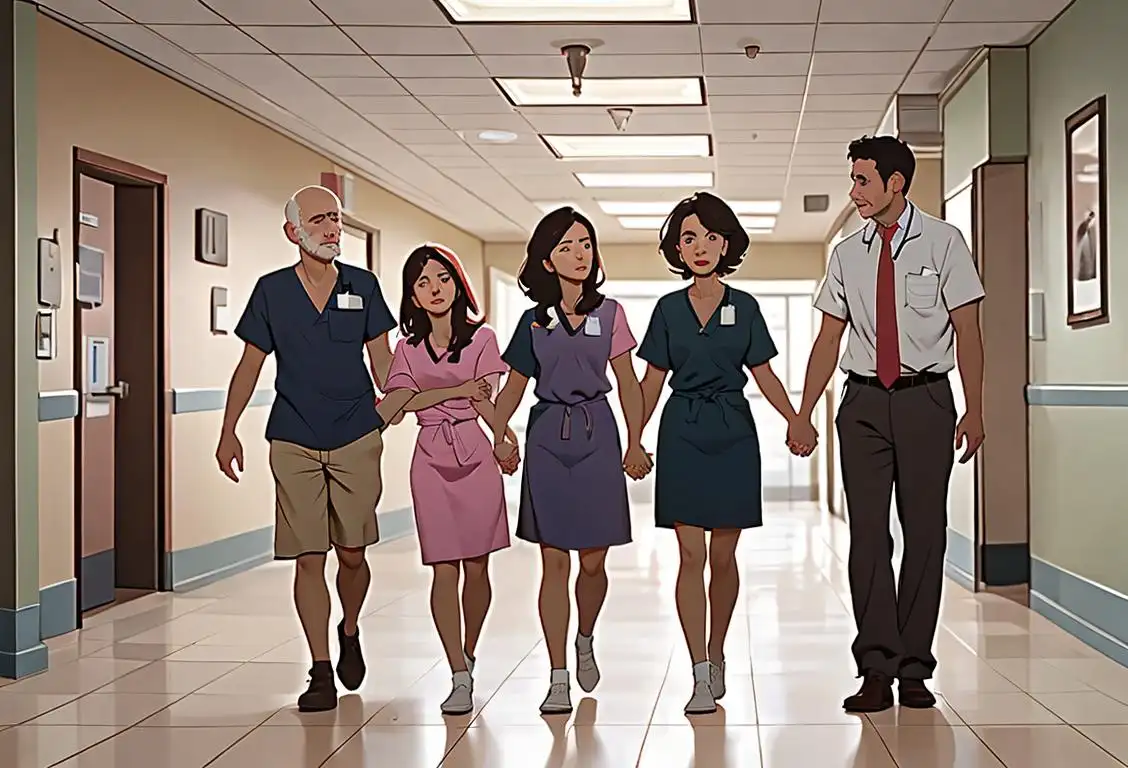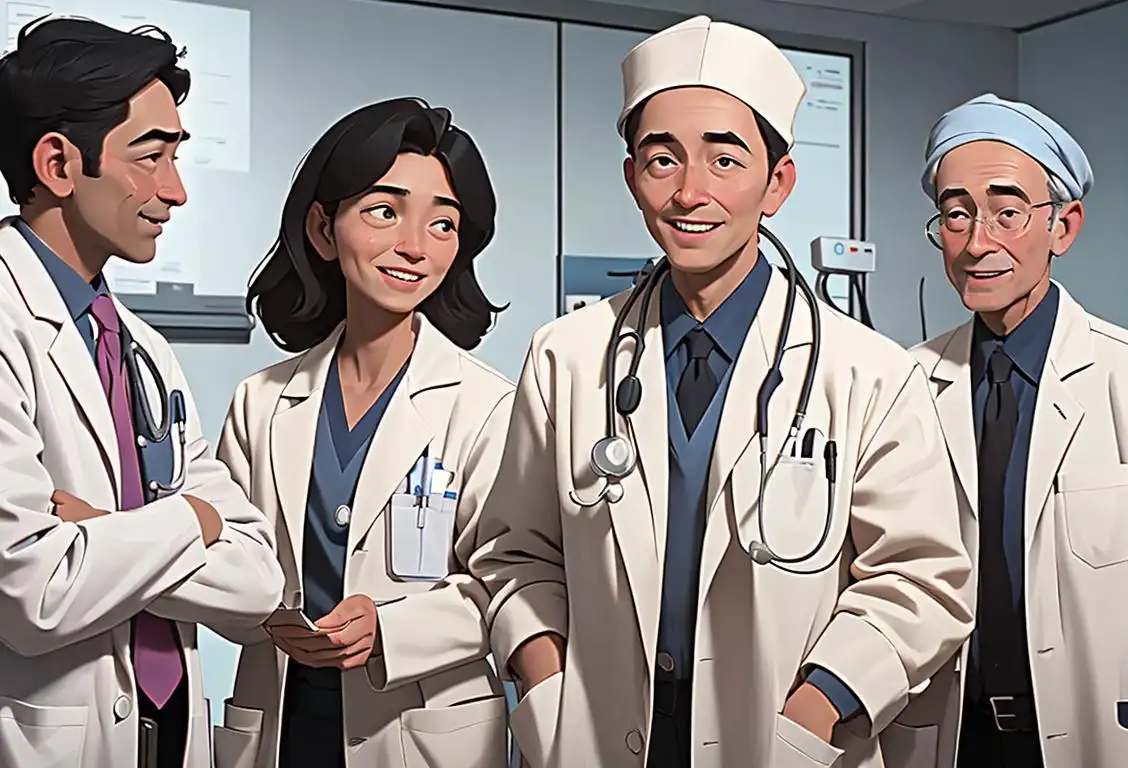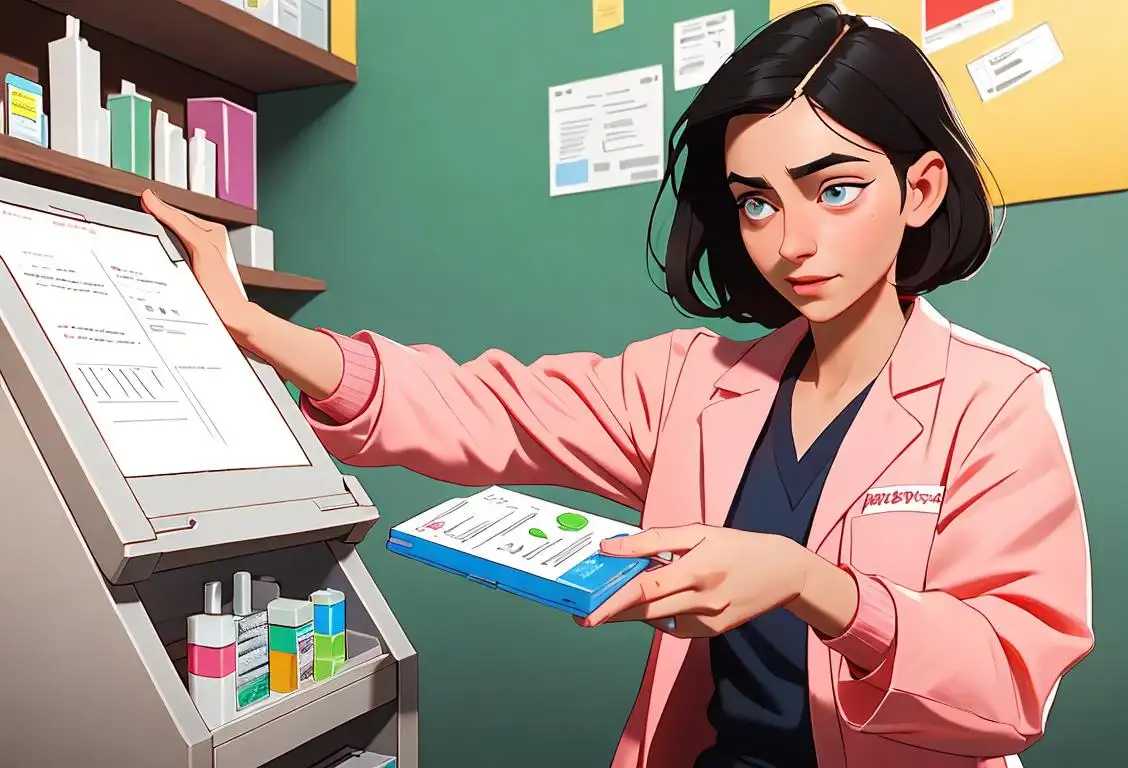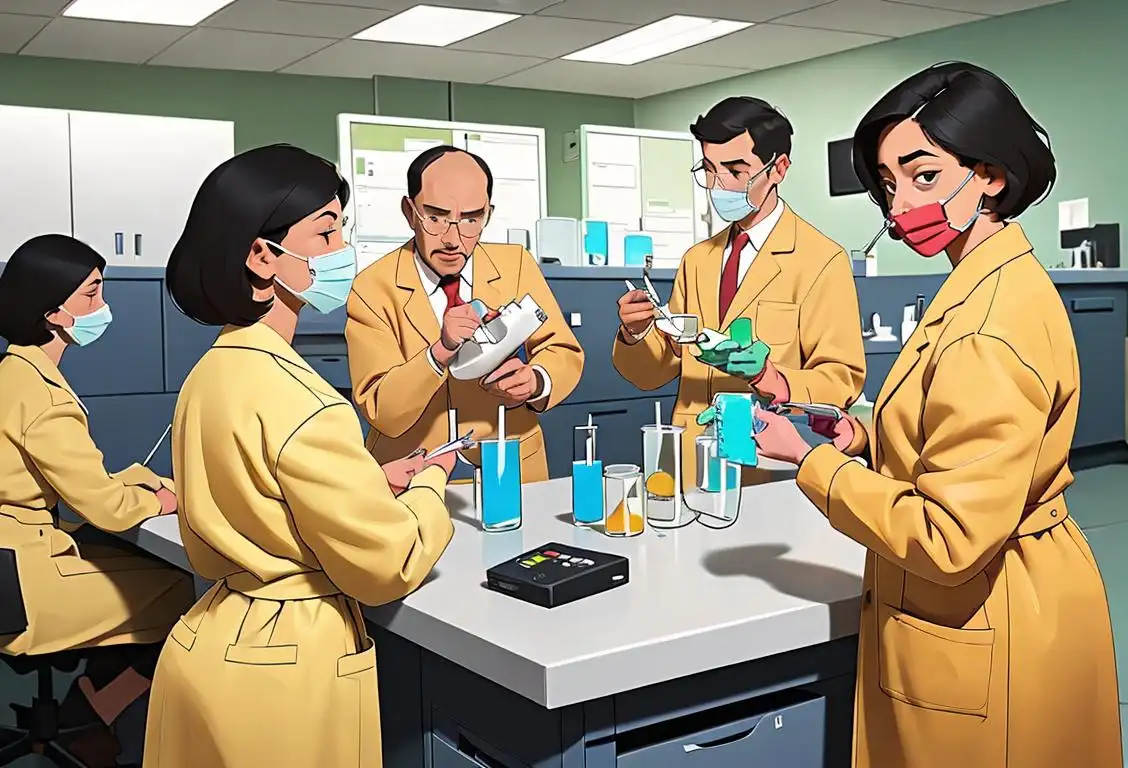National Prescription Take Back Day
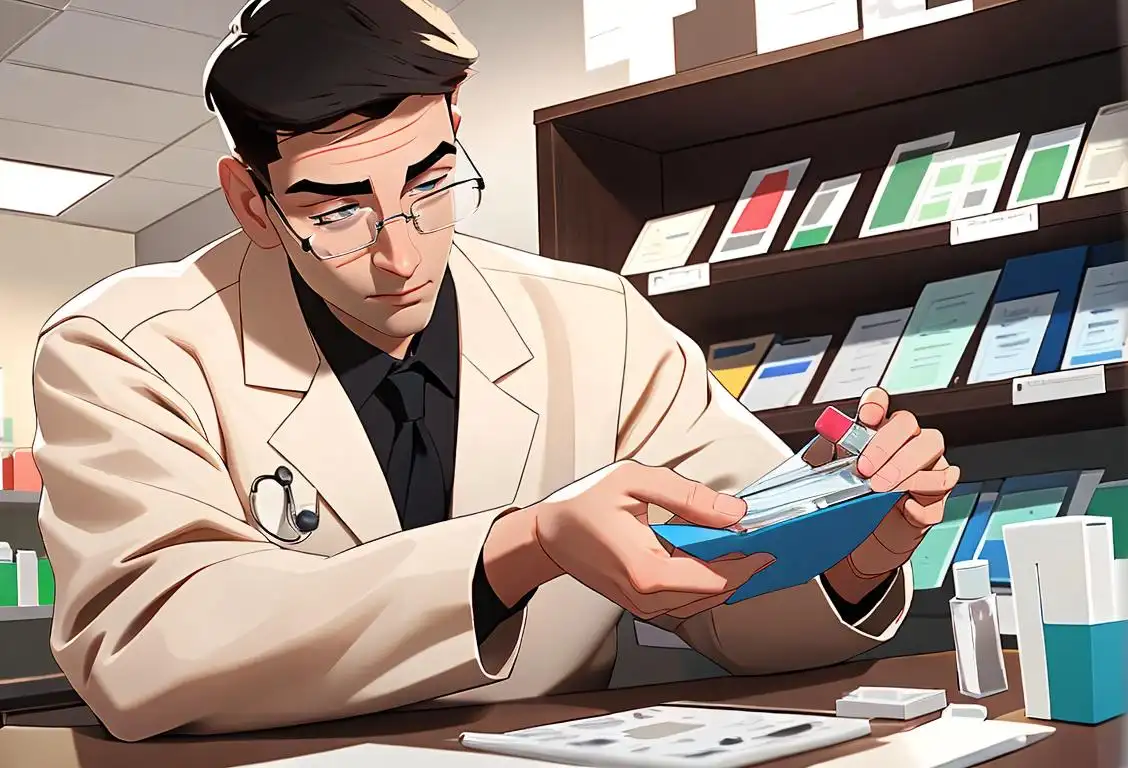
Welcome to WhatNationalDayIsIt.com, your go-to source for all things related to national days! Today, we're diving into the fascinating world of National Prescription Take Back Day. Get ready to learn about this important day dedicated to ensuring the safe disposal of unused prescription drugs.
When is Prescription Take Back Day?
It's national prescription take back day on the 28th October.
The History of National Prescription Take Back Day
Did you know that National Prescription Take Back Day was first observed on April 30, 2010? It was created by the U.S. Drug Enforcement Administration (DEA) to address a concerning issue - the improper disposal and abuse of prescription drugs. The DEA recognized that many people were holding onto unused medications, either because they didn't know how to properly dispose of them or because they feared the drugs could be misused.
Since its inception, National Prescription Take Back Day has gained significant traction and support from various communities across the country. The event aims to educate the public about the potential dangers of keeping unused medications in their homes and to provide a safe and convenient way to dispose of them. Every year on this day, thousands of collection sites are set up in communities nationwide, allowing individuals to bring their unwanted prescription drugs for proper disposal.
How to Participate in National Prescription Take Back Day
If you want to be part of this important initiative, participating in National Prescription Take Back Day is easy! Simply visit the DEA's website or check with your local law enforcement agency to find the nearest collection site in your area. On the designated day, gather up any unused or expired prescription medications you have, and drop them off at the collection site. Don't worry, it's completely anonymous, and no personal information is collected.
Remember, by participating in National Prescription Take Back Day, you're not only ensuring the safe disposal of medications but also helping to prevent potential drug abuse and protecting the environment from the risks associated with improper disposal.
History behind the term 'Prescription Take Back'
1985
Emergence of Prescription Drug Abuse
Prescription drug abuse began to rise as a significant societal issue in the 1980s, particularly with the increasing misuse of opioid painkillers. This led to concerns about the safe disposal of unused prescription medications, as they could be accessed and abused by individuals. The need for a method to safely take back or dispose of prescription drugs became apparent.
1971
The Controlled Substances Act
In 1971, the Controlled Substances Act was passed in the United States. This law aimed to regulate and control the distribution and use of substances with the potential for abuse. The act classified drugs into schedules based on their potential for abuse and accepted medical uses, with Schedule I drugs considered to have the highest potential for abuse and no accepted medical use.
2010
First National Prescription Drug Take Back Day
In response to the growing prescription drug abuse epidemic in the United States, the Drug Enforcement Administration (DEA) initiated the National Prescription Drug Take Back Day in 2010. This event aimed to provide a safe and convenient way for individuals to dispose of their unused or expired prescription medications. The event encouraged people to bring their medications to designated collection sites, usually local law enforcement agencies, for proper disposal.
1993
The Drug Enforcement Administration's (DEA) Take-Back Program
In 1993, the Drug Enforcement Administration (DEA) initiated its Take-Back Program as a strategy to address the issue of prescription drug abuse. The program provided a safe and convenient way for people to dispose of their unused or expired prescription medications. By establishing collection sites across the country, this initiative aimed to reduce the availability of unused prescription drugs that could be diverted for illicit use.
2014
Expansion of Prescription Take Back Programs
Recognizing the success and importance of the National Prescription Drug Take Back Day, efforts were made to establish more permanent and widespread programs for prescription drug disposal. Many community organizations, pharmacies, and healthcare facilities started implementing year-round collection programs to ensure the continuous availability of prescription take back services.
2010
First National Prescription Drug Take-Back Day
In 2010, the DEA, along with various state and local law enforcement agencies, organized the first National Prescription Drug Take-Back Day. This annual event encouraged individuals to drop off their unused and expired prescription medications at designated collection sites. The goal was to prevent these drugs from being misused, abused, or accidentally ingested by children or pets. The response was overwhelming, with thousands of pounds of prescription medications collected across the country.
2014
Expansion of Collection Efforts
By 2014, the DEA's Take-Back Program had gained significant recognition and support. Collection efforts expanded beyond the annual National Prescription Drug Take-Back Day to include year-round collection sites, such as pharmacies, hospitals, and law enforcement facilities. This expansion aimed to make drug disposal more accessible for individuals and communities, fostering safer practices in medication management.
2018
Legislation and Awareness Campaigns
To further enhance the accessibility and effectiveness of prescription take back programs, several states passed legislation requiring pharmacies to provide safe medication disposal options. Additionally, national awareness campaigns were launched to educate the public about the importance of properly disposing of prescription medications, highlighting the potential risks associated with improper disposal or storage.
Present
Continued Efforts and Expansion
Prescription drug take back programs continue to evolve and expand, encompassing various methods such as secure drop boxes, mail-back programs, and even mobile collection events. These initiatives not only address prescription drug abuse prevention but also contribute to environmental protection by reducing the contamination of water sources due to improper medication disposal. The ongoing efforts emphasize the value of prescription take back as a crucial aspect of public health and safety.
2020
Virtual Take-Back Day
The year 2020 marked a significant shift in the approach to prescription take-back events due to the COVID-19 pandemic. In response to the need for social distancing, the DEA and other organizations adapted by organizing a Virtual Take-Back Day. This innovative initiative allowed individuals to safely dispose of their unused prescription medications through secure collection receptacles at authorized locations. The virtual event received widespread participation, demonstrating the adaptability and commitment to tackling prescription drug abuse in challenging times.
Did you know?
Did you know that research shows that approximately 53% of people who misuse prescription opioids acquire them from a friend or family member? By safely disposing of your unused medications, you can play a crucial role in preventing medication misuse and safeguarding your loved ones.Tagged
awareness nsfw healthFirst identified
25th August 2015Most mentioned on
28th October 2017Total mentions
291Other days
Health Insurance System Is Crumbling More With Every Day
Prescription Take Back Day
Mono Day
Kys Day
Hiv Testing Day
No Bra Day
Fitness Day
Doctors Day
Prescription Drug Take Back Day
Drug Test Day
